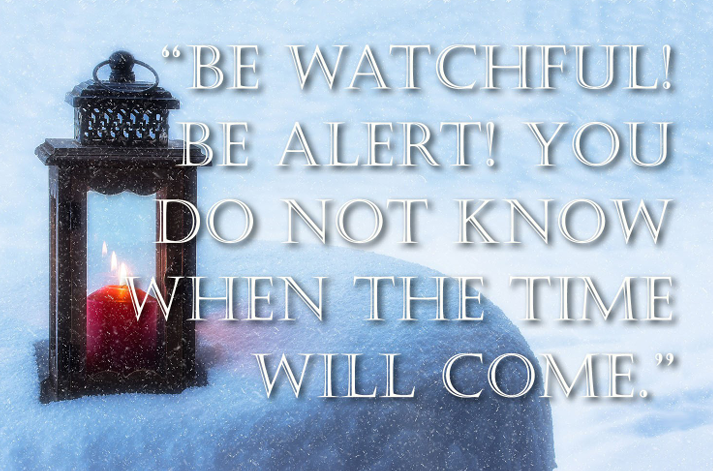Scripture Reflection - September 25, 2022
- Sr. Kathleen McManus, OP

- Sep 20, 2022
- 3 min read
Twenty-Sixth Sunday in Ordinary Time
Amos 6:1a, 4-7 | Timothy 6:11-16 | Luke 16:19-31

“Lay Hold of Eternal Life”
What can it mean to “lay hold of eternal life” in the here and now, as Paul exhorts Timothy to do? The First Reading from Amos and the Gospel from Luke indicate what it means by contrast, while the Responsorial Psalm positively rings out what it unequivocally does mean: Securing justice for the oppressed, feeding the hungry, and freeing prisoners. Those who do so are loved by God, acting on God’s behalf in healing and raising up those bowed down.
Amos cries “Woe to the complacent in Zion,” issuing a warning that collapse and exile await those in both the northern and southern kingdoms even as they wallow in luxury. As I hear Amos’ warning to his divided kingdom, I think of the divisions in our own country and world today, divisions drawn along political lines often etched in fear and concern for economic security over and above concern for the poor and the planet. I hear Amos’ warning transposed into “woe to the complacent in our 21st century society.” Or, more pointedly, “woe to the complacent in our 21st century Church, especially here in the United States.” And I’m challenged to examine the large and small ways in which I’m complicit in that complacency, even if I don’t own a “bed of ivory.”
Luke’s story of the Rich Man and Lazarus renders Amos’ warning personal and vivid. Yet, the story is so familiar that sometimes I can overlook small but significant details, as also happens in daily life. This time around, I am struck by the fact that the poor person has a name: Lazarus is a particular individual who is seen and cherished by God, while the “Rich Man” is somewhat generic. It is a reminder of God’s particular love for the poor, and of our summons to participate in that divine love.
My attention is drawn, too, to the compassionate canines, those dogs who lick Lazarus’ sores, offering relief in the only way they can while the Rich Man feasts in oblivion. They would no doubt like some scraps from the table, too, yet they see and tend to Lazarus.
After both Lazarus and the Rich Man die, they occupy realms divided by an eternal chasm that can never be bridged. Even in the netherworld, the Rich Man seems not to repent, seems not to “see” Lazarus, except as a potential means of his relief: “Father Abraham, send Lazarus to dip the tip of his finger in water and cool my tongue, for I am suffering torment in these flames.” And even after being warned of the eternal chasm that divides him from Lazarus, the Rich Man begs Abraham to send him to warn his brothers, that they may not suffer his awful fate. Lazarus, the poor person, is merely a means to the Rich Man’s ends.
Meanwhile, Lazarus is at home in the bosom of Abraham. St. John Chrysostom precedes contemporary scholars in pointing out that Abraham is the very embodiment of hospitality. In his lifetime, he went out of his way to offer refuge and nourishment to passing travelers, entertaining angels unawares. It is thus that Abraham shows us how to “lay hold of eternal life” in the here and now. By contrast, “although [the rich man] had within his grasp so great a treasure, such an opportunity to win salvation, he ignored the poor man day after day.”[1]
Laying hold of eternal life is not acting so as to win personal salvation in heaven. Laying hold of eternal life is living out of a hospitality of heart and mind and resources so that our earthly relationships of compassion create fragments of heaven in the here and now. Such fragments of heaven are woven of loving, attentive presence!
Sr. Kathleen McManus, OP
[1] From St. John Chrysostom, Homily 2 on Lazarus, 5, quoted in Give Us This Day (September 2022, Vol. 12, Issue 9), 255.










Comments